Dominant theories of international political economy leave little room for the influence of individuals. They also never anticipated that the United States might seek to completely upend the global economic order.
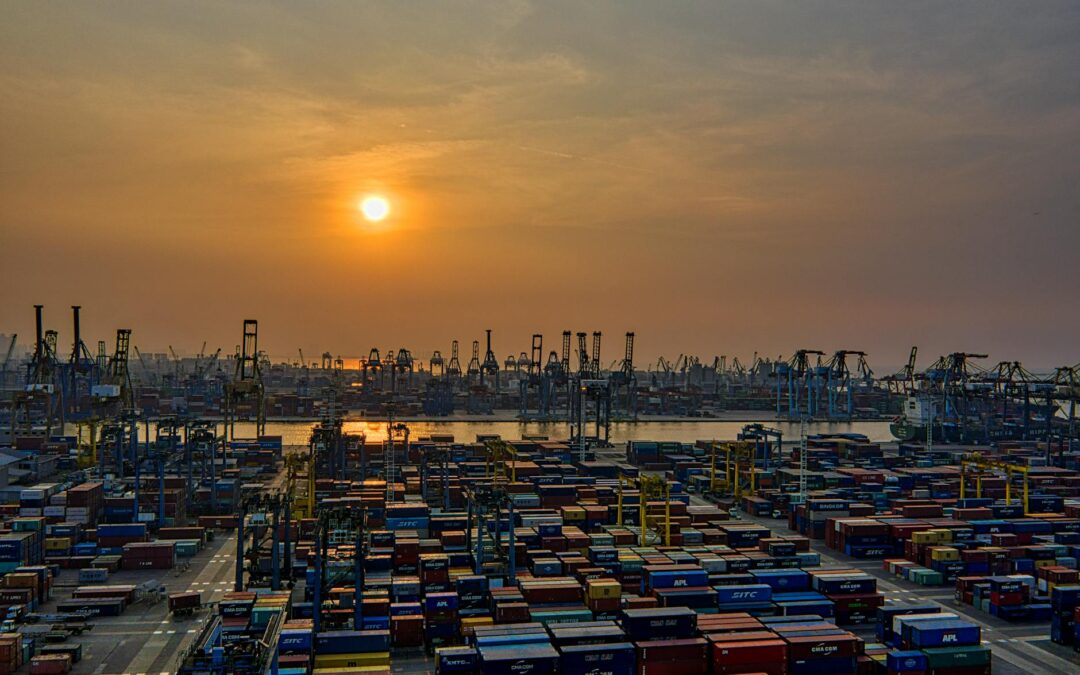

Dominant theories of international political economy leave little room for the influence of individuals. They also never anticipated that the United States might seek to completely upend the global economic order.
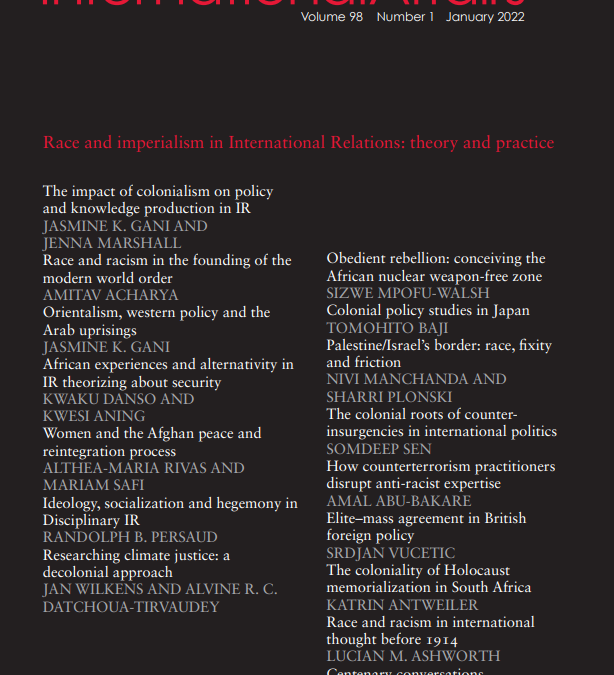
The special issue’s concerns could easily be a passing ‘fad’ as the forces of the status quo bide their time. A focal point on race, necessary as it is, could elide class and material factors’ influence on world politics.

There is no shortage of knowledge produced in various traditions and diverse scholarly communities. There is no lack of theoretical traditions and political thought that come from non-Euro-American and mainstream canons. There is also no shortage in theoretical concepts and approaches to global politics that are not produced in Anglophone spaces. Rather, there is still in mainstream IR a major problem of literacy to access, integrate, and dialogue with this wealth of IR scholarship produced in and from the margins

Even when Latin Americans are allowed to speak, IR scholars and practitioners do not listen to them due to the language in which they produce knowledge, epistemic violence and access barriers.
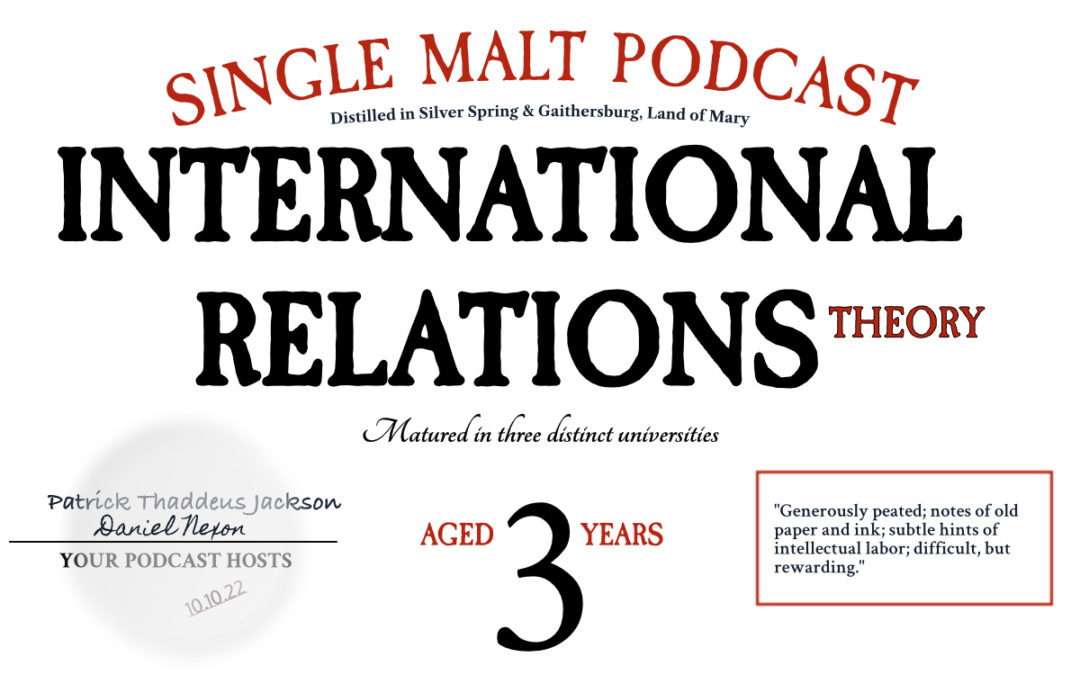
It's a nostalgia episode for our two hosts, Patrick and Dan. They tackle Mustafa Emirbayer's 1997 article in the American Journal of Sociology, "Manifesto for a Relational Sociology." According to Emirbayer, "Sociologists today are faced with a fundamental dilemma: whether to conceive of the social world as consisting primarily in substances or processes, in static 'things' or in dynamic, unfolding relations." Was that also true of International Relations? PTJ and Dan certainly thought so back in 1999. Is it still true today? The two may or may not...

A distinctly unoriginal take on the pathologies of overvaluing academic “novelty.”
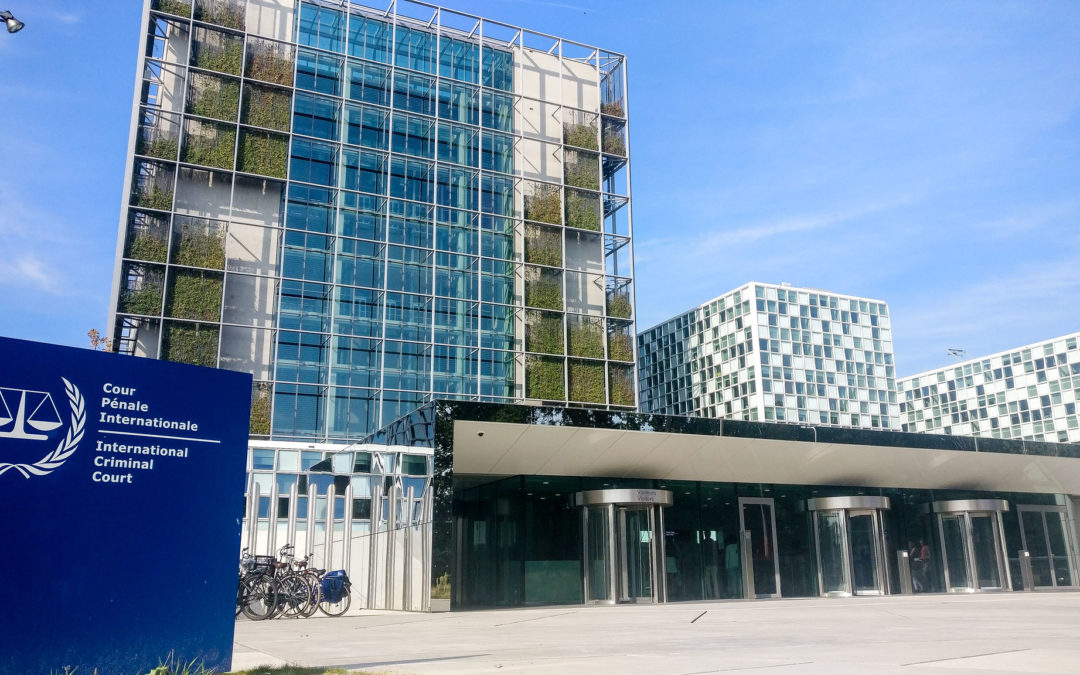
When it comes norm dynamics and how we theorize them, uncertainty presents something of a paradox. We study norms because we think that they matter. But if norms are inherently uncertain, then how is it possible that they constitute, constrain, and otherwise shape the behavior of global actors? Unless norms produce stable and defined expectations, then how can they have the power to structure international politics?

Since 2014 the international community has considered the issue of autonomy in weapons systems under the framework of the United Nations (UN) Convention on Certain Conventional Weapons (CCW). Despite hopes that 2022 would see some kind of breakthrough, the 2019 eleven guiding principles remains the only international agreement regarding lethal autonomous weapons systems (LAWS or AWS). Many believe that action is long overdue. The Campaign to Stop Killer Robots argues that: With ongoing uncertainties around technological change and instabilities in international security, a principled...

At the 1939 World Fair in New York City, the big attraction was "Futurama," an exhibition put on by the U.S. car manufacturer General Motors. Every visitor to Futurama received a souvenir — a small blue-white badge that read “I have seen the future.” That is, the future presented by (at the time) one of most influential companies in the world, one built around its main product: the automobile. Yet the exhibition wasn't exactly wrong. It was part of an effort to sell Americans on automobile-centric planning and development: its "theory of the future" produced a future (or, in current jargon,...

In a world of multiple and overlapping crises, can norms and rules-based institution still create order amidst uncertainty? Do existing norms and frameworks for international cooperation enjoy sufficient legitimacy to help us navigate the interacting and concatenating effects of crises? A new symposium explores the question: “Whither norms (research) in times of uncertainty?”

Looking for some podcast episodes to give a listen to? I’ve got suggestions.
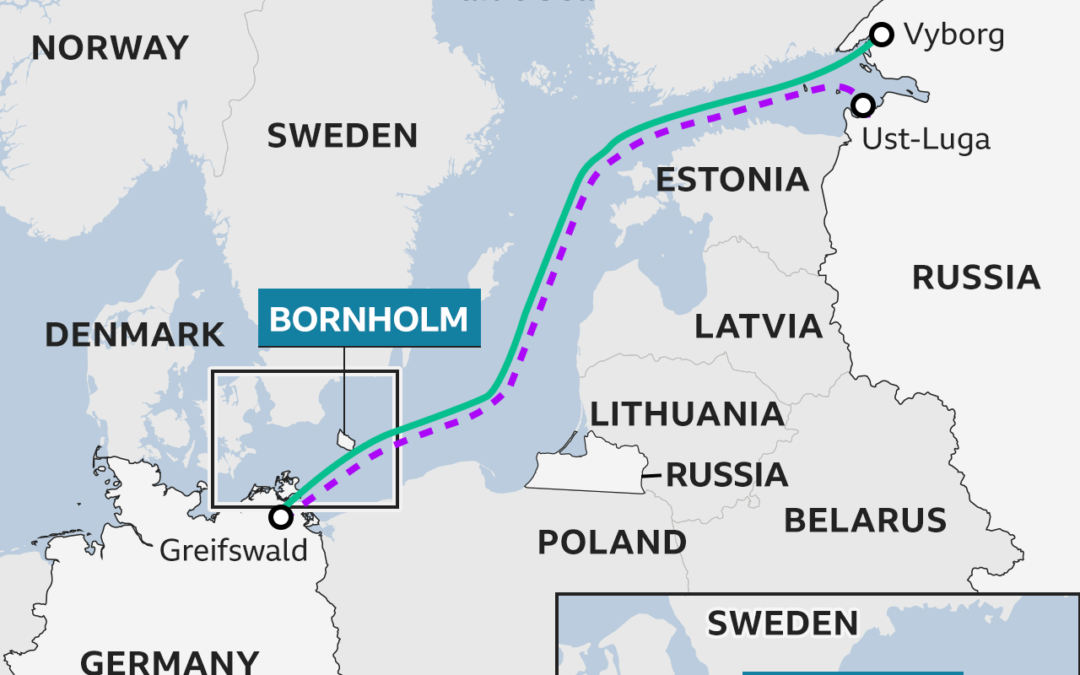
Initial speculation about Nord Stream reveals both the strengths and limitations of using international-relations models to make sense of unfolding events